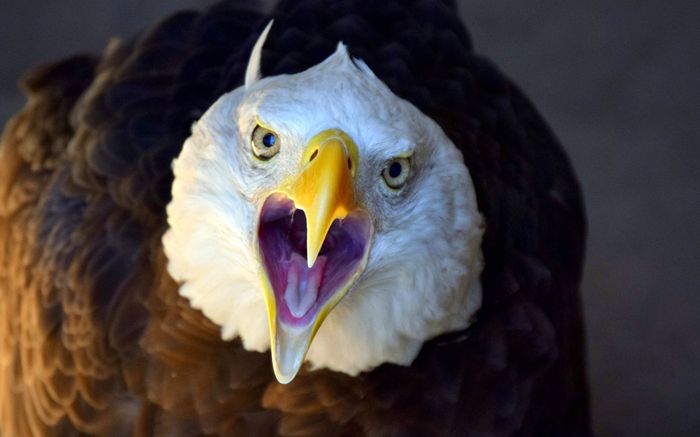
We are open to the public Saturdays starting at 10am, weather permitting.
Connect with us on Facebook for updates!
Signed in as:
filler@godaddy.com

We are open to the public Saturdays starting at 10am, weather permitting.
Connect with us on Facebook for updates!

The barn owl is sometimes affectionately known as the "Valentine owl" due to its heart-shaped facial disc. To celebrate, we're hosting a Valentine's Day party on February 14th from 10 AM - 3 PM, featuring Henry the barn owl!

ARC provides engaging wildlife programs for schools, scout troops, churches, civic groups, retirement centers, and other non-profits, both on-site and off-site.

Experience a unique private encounter with our magnificent birds of prey! Have Henry or Ella, our Barn Owls, perch on your gloved hand, or feel the thrill as Ford, our Aplomado Falcon, flies directly to you!

If you've found an injured or orphaned bird of prey, ARC is here to help. We specialize in the rehabilitation of birds of prey and are licensed and regulated by state and federal agencies to provide specialized care.

Owls are born with four toes. Two usually face forward and two pointing backward like an X or K-shaped toe pattern. These are known as zygodactyl feet. (Zygodactyl [ zahy-guh-DAK-til] )
This unique formation helps birds grip things more efficiently, such as sitting on a branch or using incredible force to catch their prey. Owls are also capable of moving one of the back toes forward, allowing for a flexible grip. That means they would now have three toes forward and one in the back. Ospreys are another raptor that has this capability.

In March of this year, a special owlet was admitted into our care with webbed toes on both feet. This is condition is extremely rare. This could have been caused during fetal development, where the digits did not separate properly or inherited through a mutated gene. Though it might be a rare birth defect for an owl, it is a known condition called Syndactyly (sin-dak-tuh-lee) and occurs in many other animals and in humans. The owlet was nicknamed “Webster”.

Webster was having trouble grasping onto a perch, and unable to rotate his toes. Radiographs were taken to make sure the bones were not fused together. Fortunately they showed that the owlets feet were indeed webbed (joined by skin and tissue).

Our veterinarian performed the Syndactyly Release Surgery with exceptional results. Post-op pictures show his tiny little sutures.

Webster grew stronger everyday. As he healed, Webster was able to grip the perch using his feet and he started to learn how to fly. Webster was a special little owlet and it was a special evening when he was released!

ARC has helped hundreds of birds get a second chance. So far this year we have admitted 350 and 45 of these admits were great-horned owls. We could not do this important work without you. Thank you for supporting ARC!

Sign up to hear from us about events, fundraisers, and receive a digital copy of our newsletter.
If you have wildlife issues, you can call Florida Fish and Wildlife at 888-404-3922 or 352-732-1225.
323 Lester Road, Apopka, Florida 32712, United States
407-461-1056 (M-F, 9:30 AM - 1:30 PM; Sat, 9:30 AM - 4:30 PM)
Guests are welcome to visit:
September through May, 10:00 AM - 4:00 PM (birds start going home by 3:00 PM)
June and July, 10:00 AM - 1:00 PM
Closed to the public in August
We accept injured and orphaned birds of prey when we are open and closed to the public. If you have found an injured bird of prey, do not email us. Please call or text to coordinate with us.